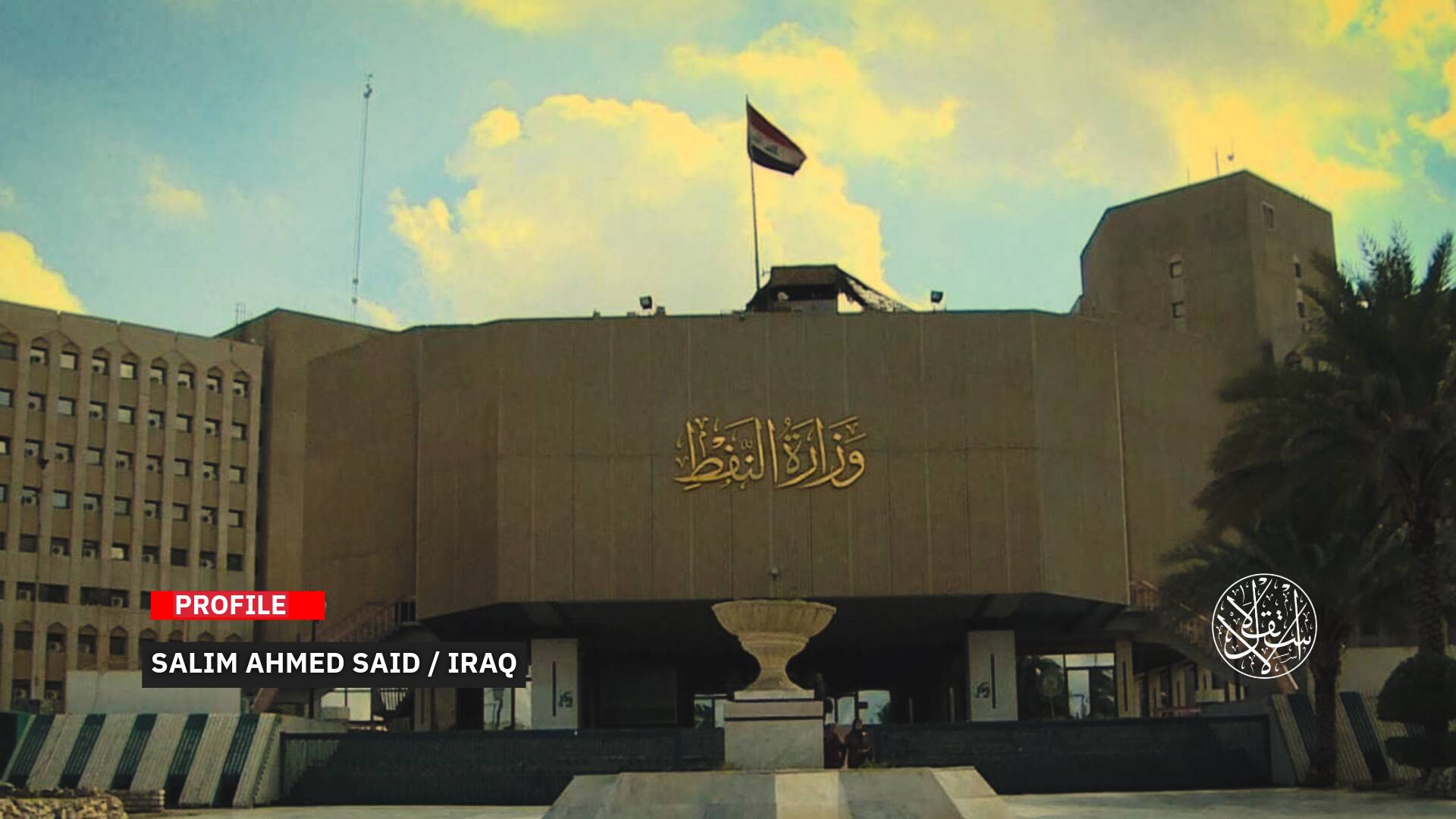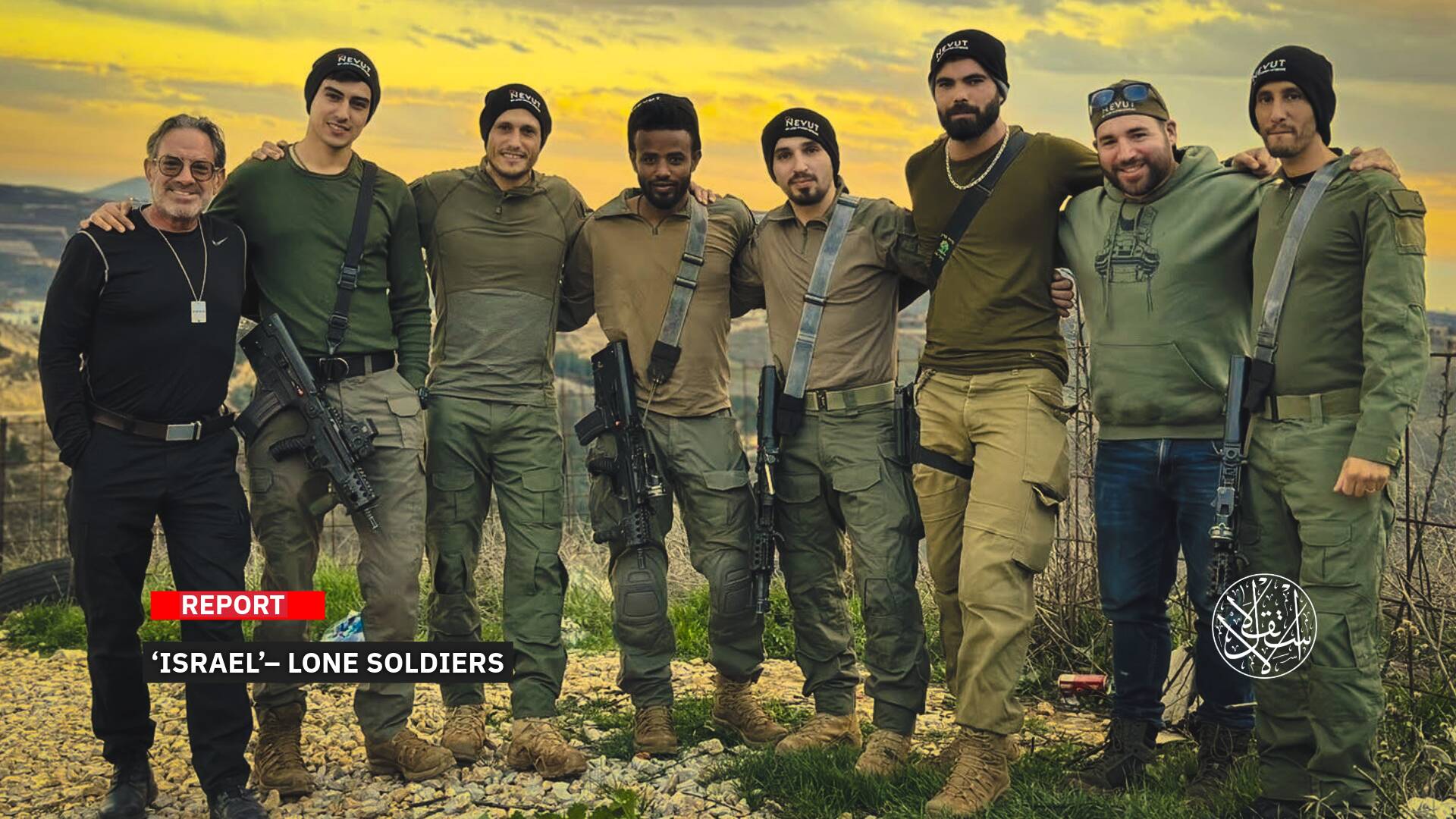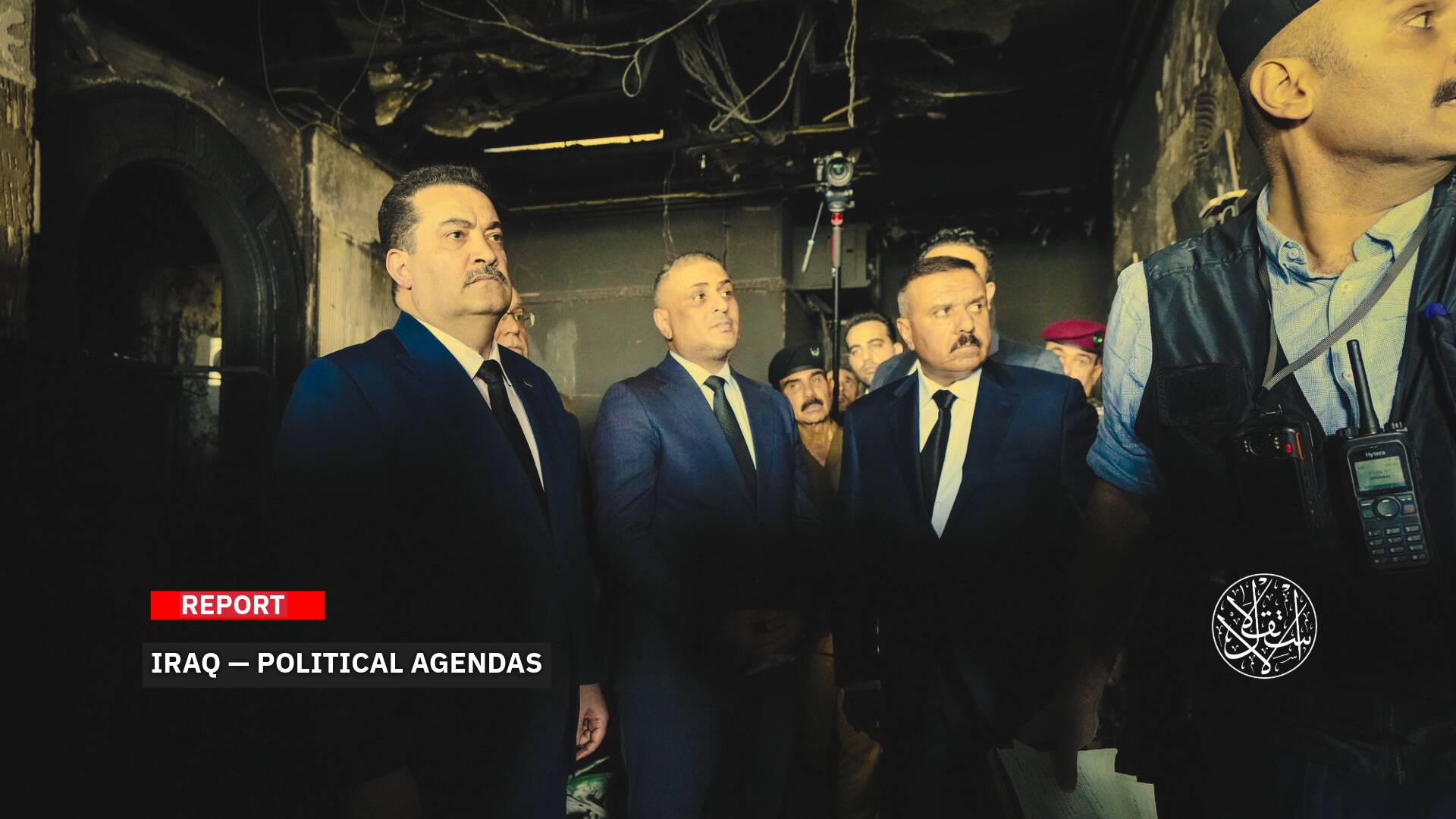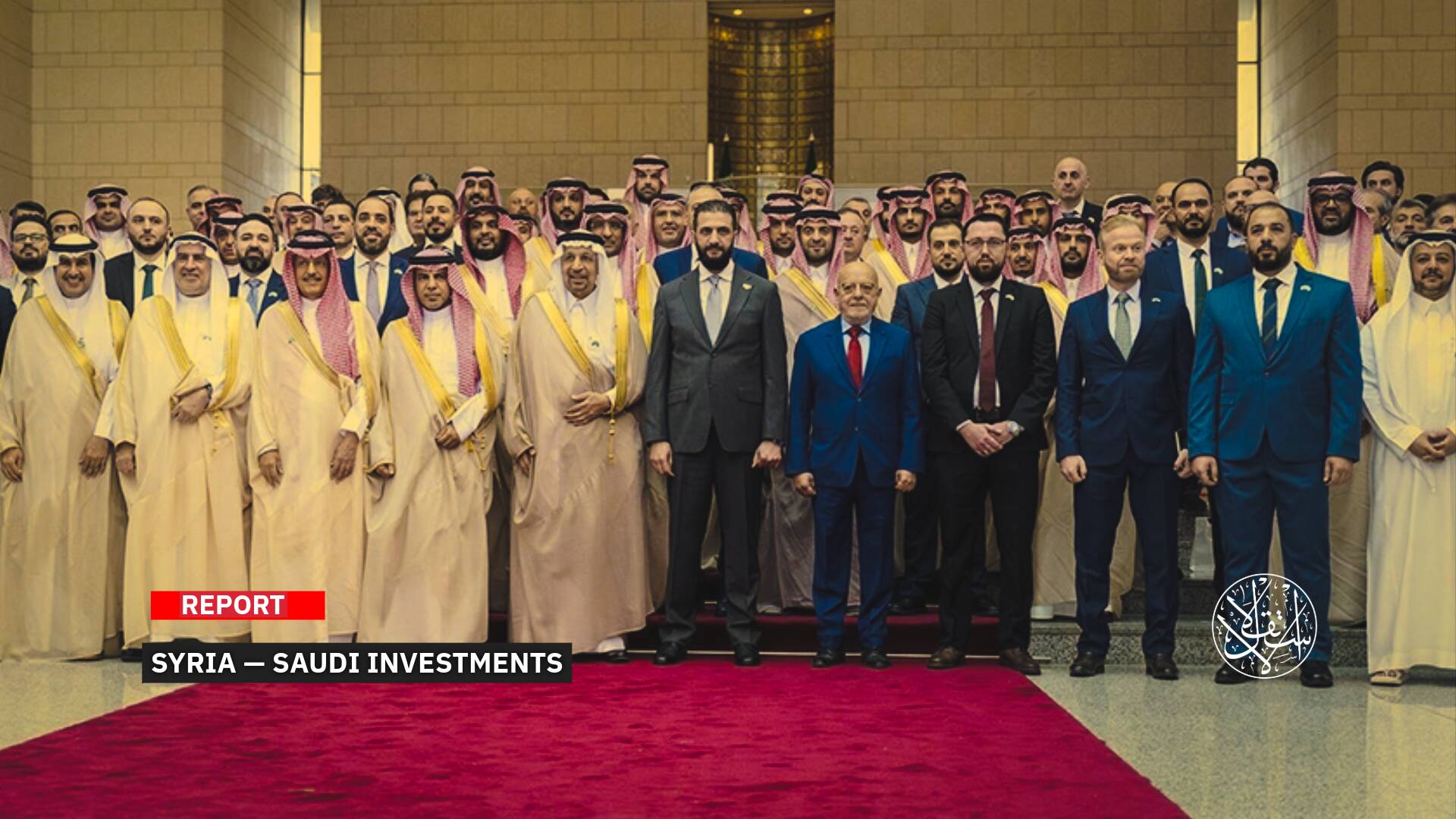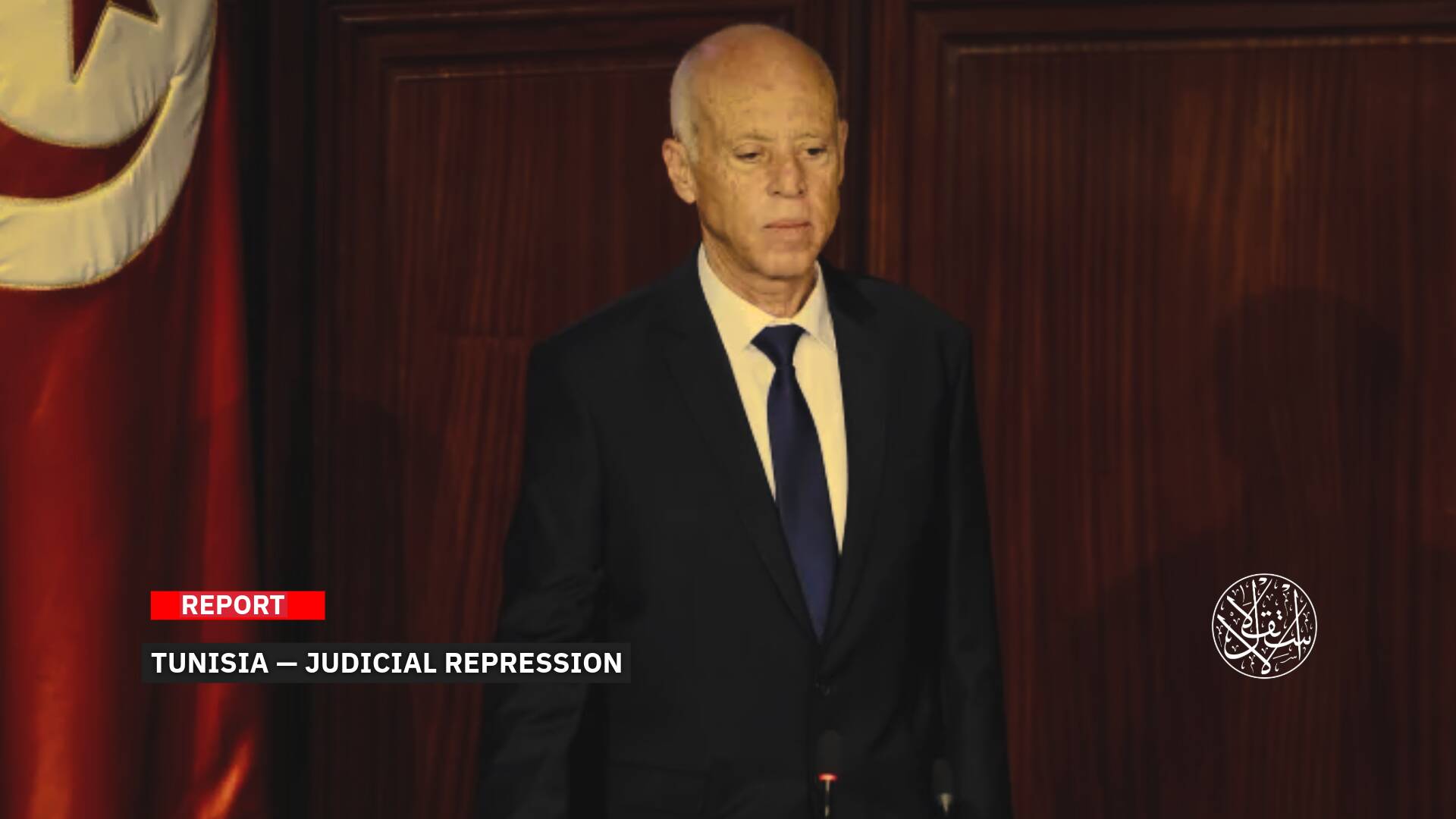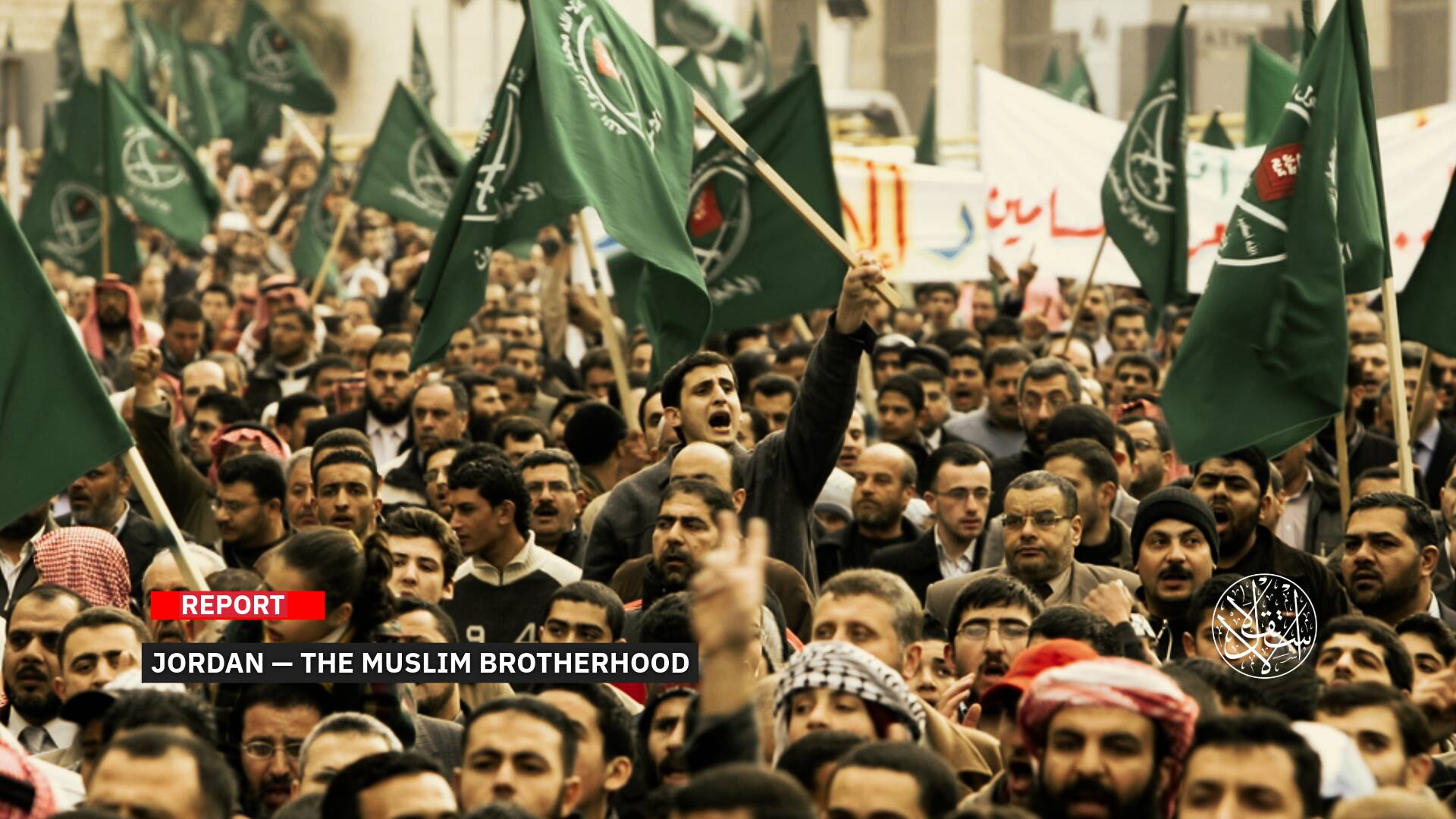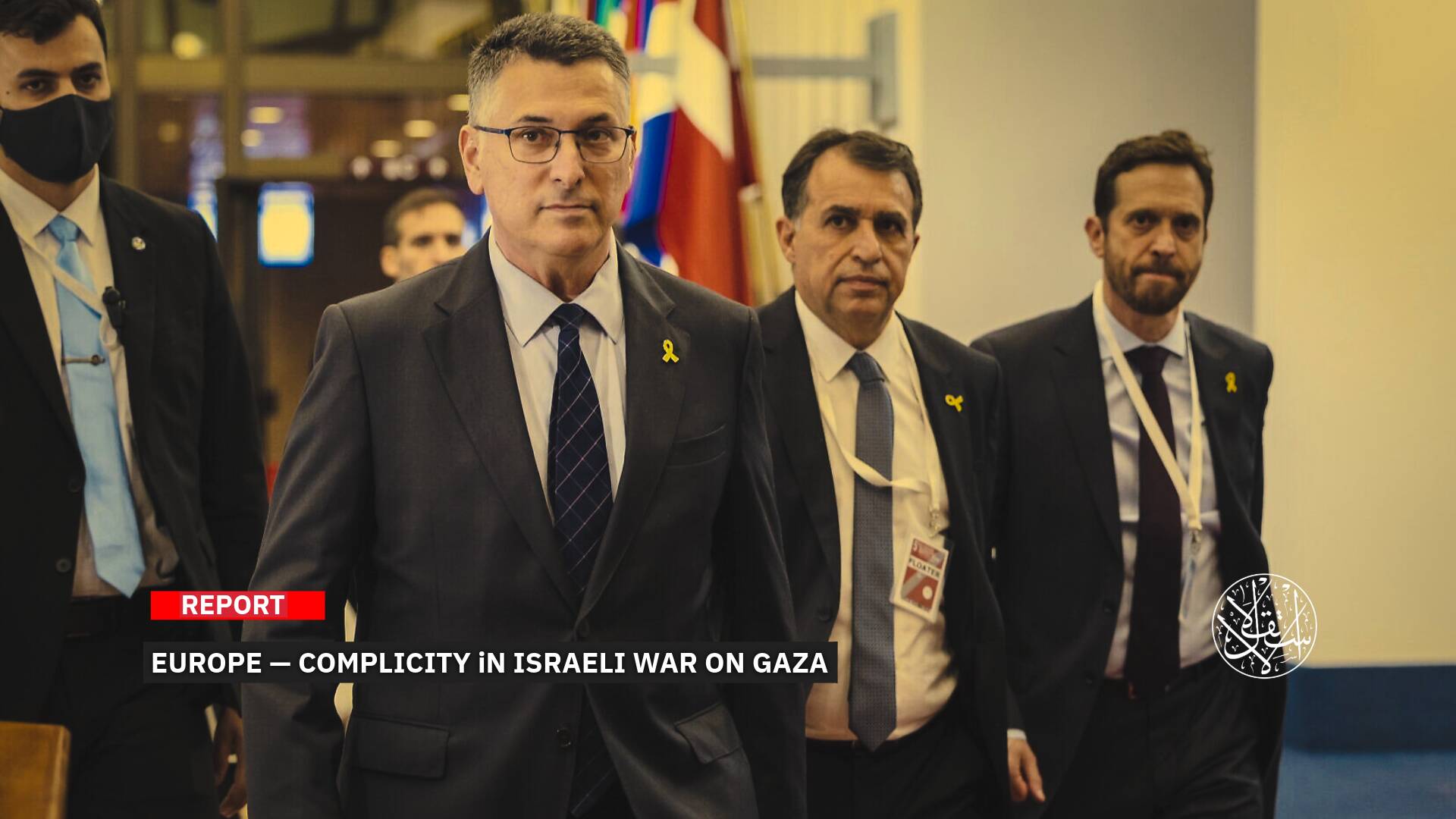Secret Documents Expose Hidden US Proxy War Programs in 5 Arab Countries

The Intercept has published an exclusive investigation of secret Pentagon programs to wage proxy wars in Egypt, Mali, Tunisia, Libya, and other countries.
Nick Turse and Alice Speri said documents and interviews reveal the scope and perspective of covert operations called 127e.
The report revealed that a small team of US special operations forces is fighting a proxy war at a low pace but on a more extensive base than was previously imagined.
The site and several media organizations had revealed the use of 127e programs in a number of African countries, but the documents obtained by the site within the Freedom of Information Act reveal 14 programs within 127e that were active in the greater Middle East, the Asia region, and the Pacific until 2020. American commando units launched 23 operations within 127e in the period between 2017-2020.
Obsidian Tower
At the same time, retired General Joseph Votel, who commanded the Special Operations Forces and Central Command in the Middle East, confirmed the existence of "anti-terrorism" efforts within 127e in Syria, Egypt, Lebanon, and Yemen.
A former defense official, who asked not to be named, confirmed that the 127e program in Tunisia was called Obsidian Tower or Volcanic Glass, which was not recognized by the Pentagon or appeared within the powers of the 127e programs.
However, it led to the participation of US forces with local proxy groups in 2017, according to a set of documents obtained by the site.
A third document, although some of its contents are shaded, reveals the features of the program, including the use of access to inaccessible areas around the world.
In total, the documents provide a detailed picture of a vague funding mandate that allows US commandos to conduct counterterrorism operations "with, by, and through" foreign irregulars or partner forces around the world.
Little is known about the missions, locations, and goals and the foreign forces on which American forces have relied, even to members of the major congressional committees or important State Department officials.
American Goals
Through 127e, foreign forces are trained, financed, armed, and provided intelligence support, but unlike other foreign support programs, these forces are sent on American missions to achieve American goals. "Participants in 127-echo fill in loopholes when we don't have enough Americans to fill them," said a former defense official, "and if someone describes 127-echo as a proxy, it's hard to argue."
Generals who know the program well say that the program, known in the military language as 127-echo, was effective in pursuing militants without endangering American lives.
However, experts told the site that the use of a vague authority raises questions about accountability, oversight, and the possibility of violating the US Constitution. A document obtained by the website reveals that the cost of the program and its operations in the period between 2017-2020 amounted to $310 million, which is a small part of the defense expenditure budget for the same period, but a relative increase from the budget allocated to the program when it was launched under another name in 2005.
While critics emphasized that the absence of oversight over the operations of 127e had implicated the United States in human rights violations and its interference in foreign conflicts unknown to Congress and the Americans, former leaders spoke of the effectiveness of its operations in the face of terrorism.
'It's Invaluable'
"I think it's invaluable," Votel told the site. It provided the ability to pursue US counterterrorism objectives along with local groups that could be formed based on specific circumstances and with specific areas of operation." The program was first scrutinized in 2017 when Islamists killed four US soldiers in Niger, and senators claimed they were unaware of US operations there.
Prior to that, the website, along with other media organizations, published documentation of the operations of 127e in Cameroon, where cooperation with forces there continued even after they were accused of committing crimes.
For five years, the White House refused to discuss the program and its operations outside the war zone with the site. When the National Security Council was asked about the usefulness of the program and the powers of 127e for the counterterrorism strategy, Patrick Evans, a spokesman for the council, replied, "It's all under the Department of Defense." The Pentagon and Special Operations Forces declined to comment. "We don't provide information about the 127 programs because they are classified," said Ken McGraw, Special Operations Forces Command spokesman. Critics warn that in addition to the risks of escalating the war and participating on several fronts worldwide, there are risks of becoming embroiled in unlawful acts.
Lack of Accountability
Counsel Katherine Ebright at the Brennan Center for Justice commented that the lack of information among most members of Congress about the operations and locations of the 127e programs raises questions about the lack of powers required by the US Constitution.
She added that there are reasons to suspect that the Department of Defense used 127e partners to engage in combat beyond the perspective of any authority to use military force or permissible self-defense. She noted that the confusion between the Department of Defense and Congress over the validity of the software's use and "the idea of using unlawful force, even through partners and not the American soldiers themselves, may violate the principles of the Constitution."
The site said that the United States has a long history of supporting the Egyptian and Lebanese armies, but experts noticed with astonishment how the United States turned the armies of the two countries into proxy forces.
Two experts said that the G2 Strike Force, a secret and important unit in the Lebanese army, and its selection as a partner in the 127e program was not surprising. One of them said that this unit, unlike other units in the Lebanese army, "is not politicized."
But the situation in Egypt was complicated. For years, this country relied on American support and resisted America's constant attempts to monitor how the support was spent. Complete coverage of what is happening in Sinai, where human rights organizations have documented systematic violations. "There are legitimate issues related to the United States' partnership with units in the Egyptian army," said Seth Binder, director of the Organization for Middle East Democracy, referring to the documentation carried out by organizations such as Amnesty International, Human Rights Watch, and a number of others about the abuses practiced by the Egyptian army in the Sinai. Were these the same units that we partnered with to conduct operations? This is worrying."
In an interview with Al-Estiklal, the activist Khalida Bakkali said: "Few in Congress and the State Department are familiar with the way the 127e programs work. Despite what the documents reveal about the extent and operation of the programs, they provide little about oversight and accountability due to the secrecy that surrounds them. This is worrying."





